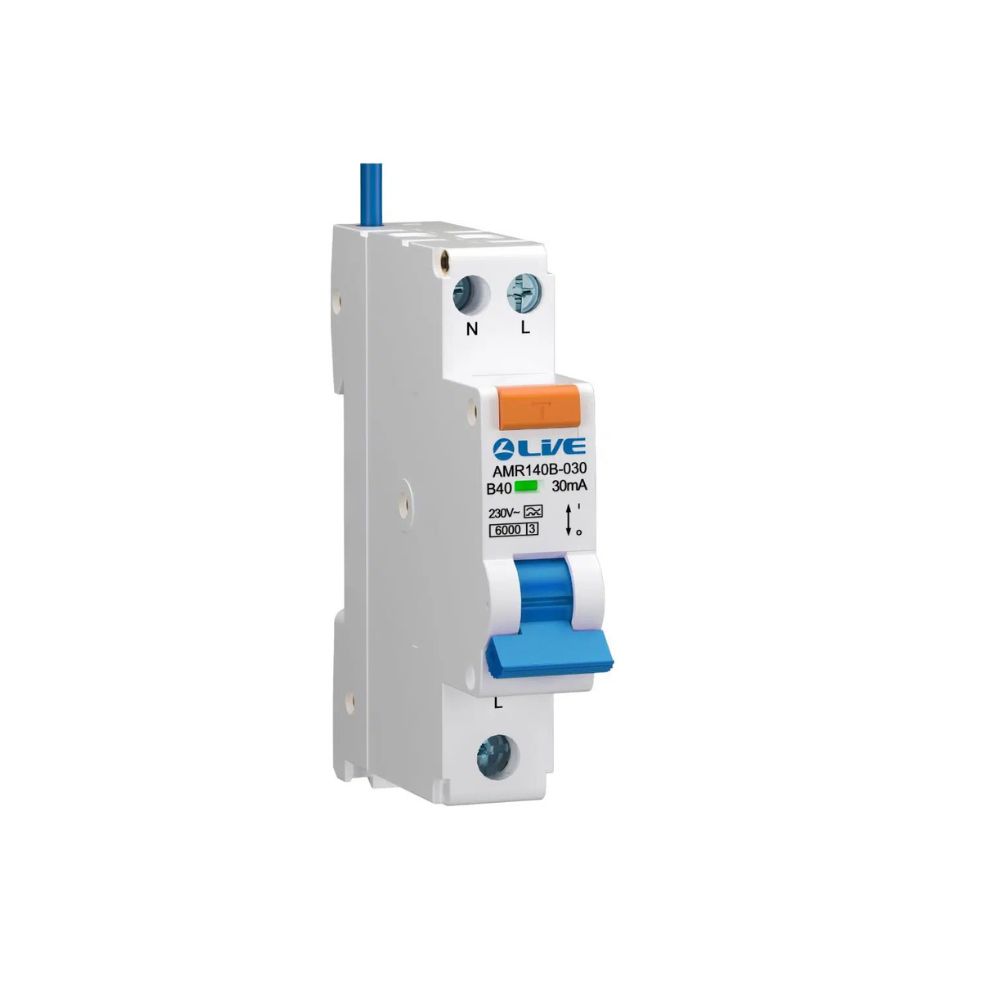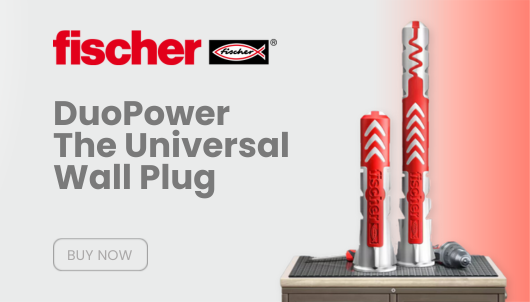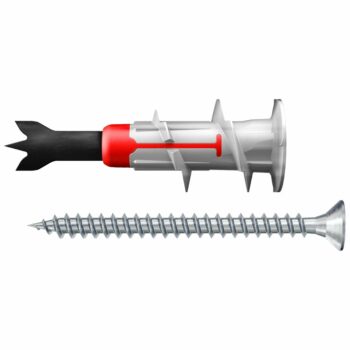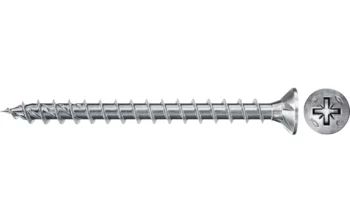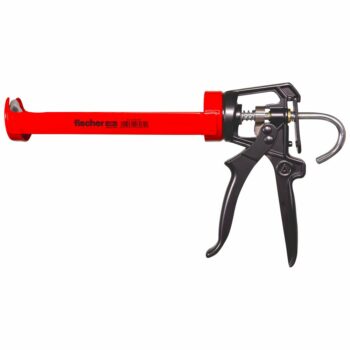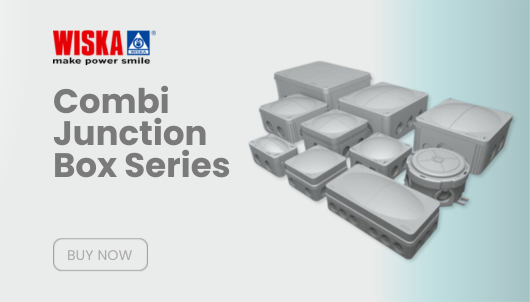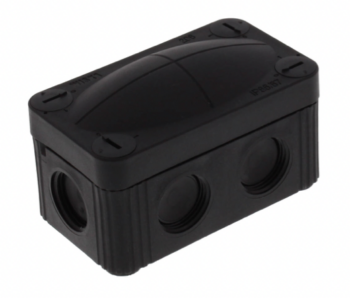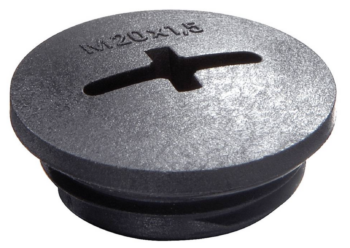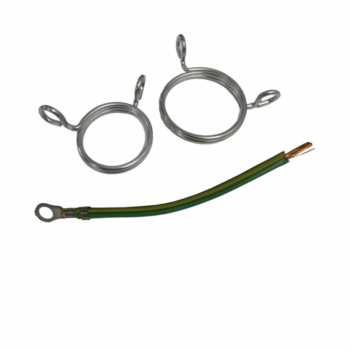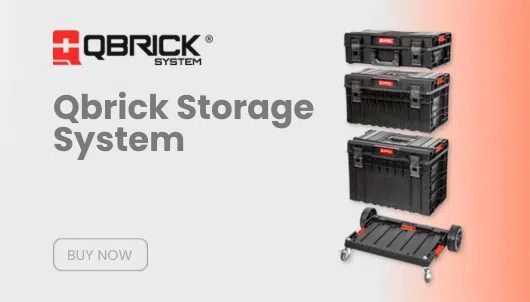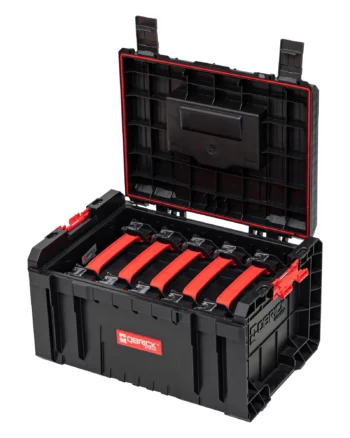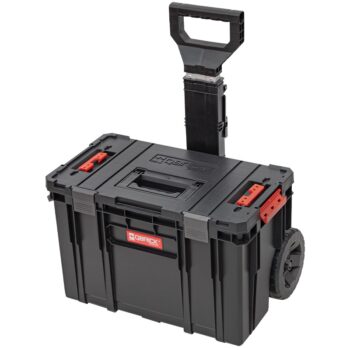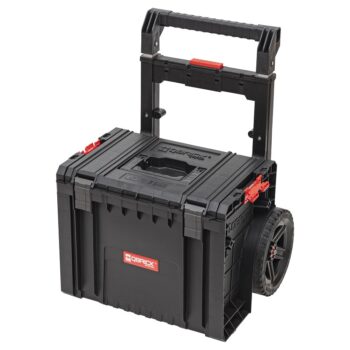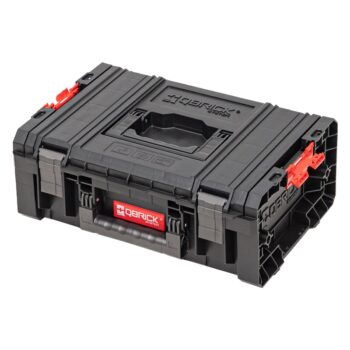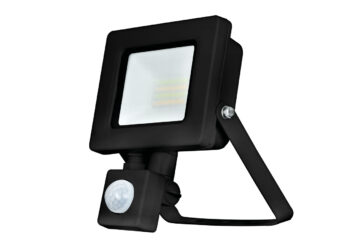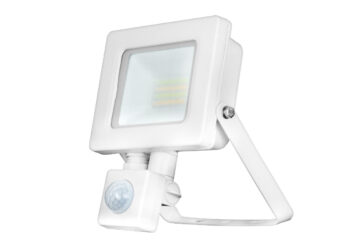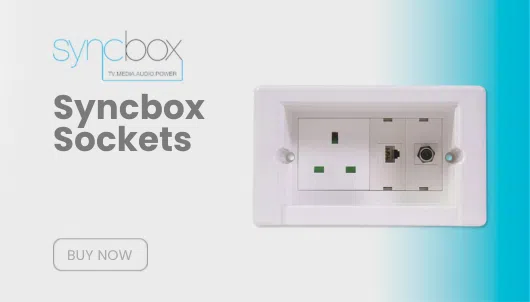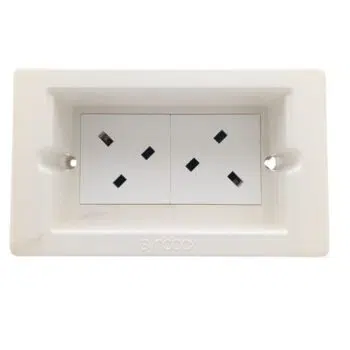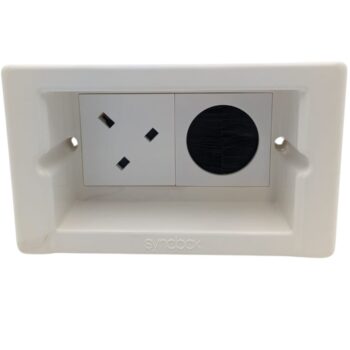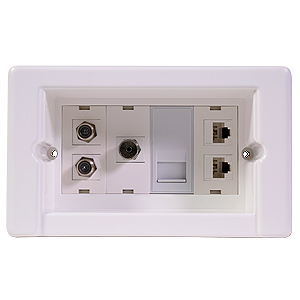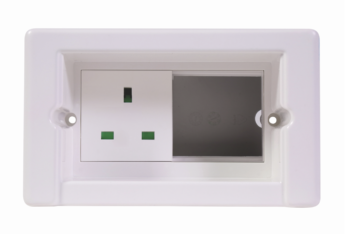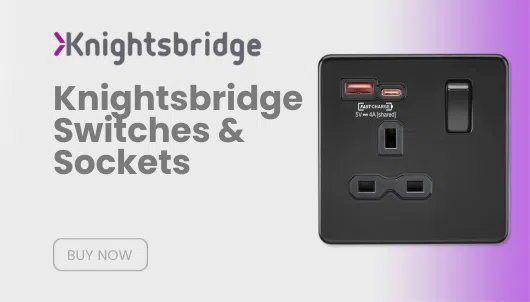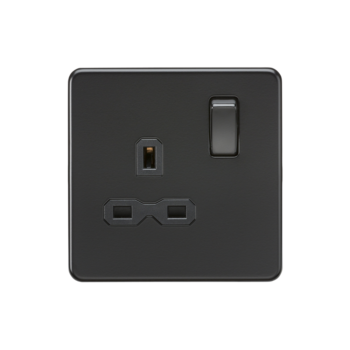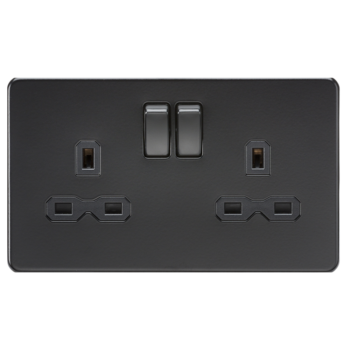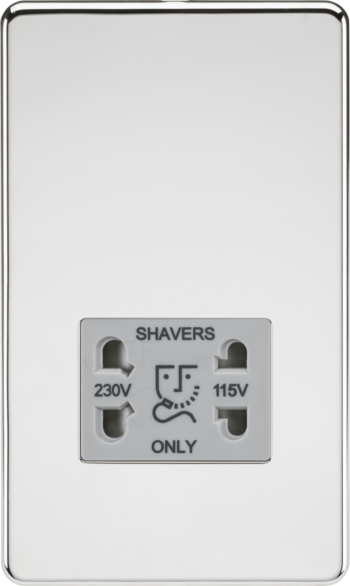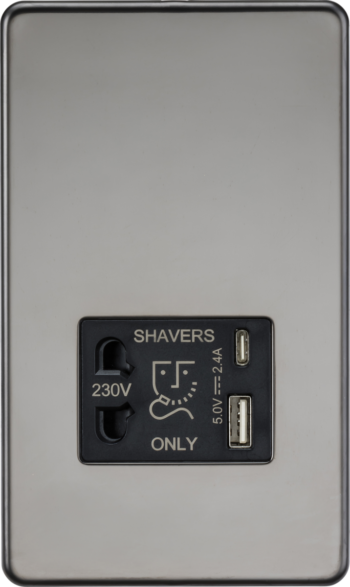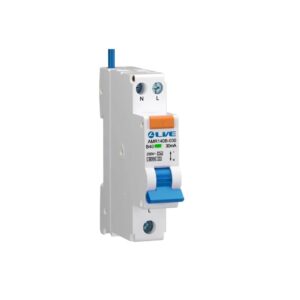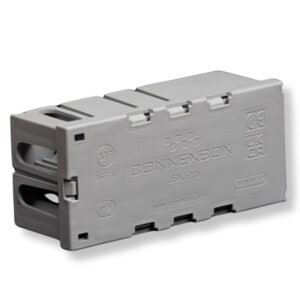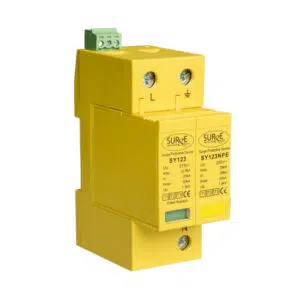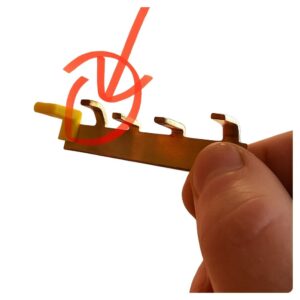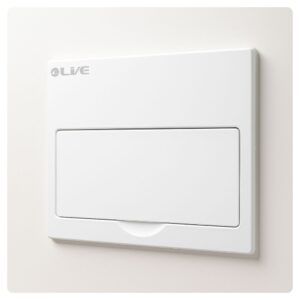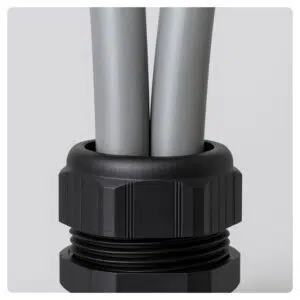A Complete Guide on How to Choose the Correct RCBO for a Domestic Circuit
Table of contents
- A Complete Guide on How to Choose the Correct RCBO for a Domestic Circuit
- 🔍 What Is an RCBO, and Why Is It Important?
- 🔧 How to Choose the Correct RCBO for a Domestic Circuit
- ⚠️ Never “Just Use a Bigger Breaker”
- 🔁 What If You’re Replacing an Old Fuseboard?
- 📘 RCBO Sizes & Common Domestic Applications
- 💬 Frequently Asked Questions (RCBO Sizing & Use)
- 🛒 Shop RCBOs by Brand, Type & Application
- 📣 Stay Connected
If you’re wondering what size RCBO do I need for your home, or you’re unsure how to choose the correct RCBO for a domestic circuit, you’re in the right place. In this RCBO sizing guide, we’ll explain how to match breaker ratings to real-world domestic circuits using BS 7671.
Whether you’re a new electrician, a homeowner planning an upgrade, or replacing an old fuseboard, selecting the right RCBO isn’t guesswork — it’s a critical safety decision based on load, cable size, and BS 7671 regulations.
This guide gives you everything you need to know, including real examples, approved cable ratings, and guidance for both RCBO sizing and consumer unit upgrades.
🔍 What Is an RCBO, and Why Is It Important?
An RCBO (Residual Current Breaker with Over-Current) combines two essential functions:
- Overcurrent protection – Like an MCB, it protects against overload and short circuit.
- Residual current protection – Like an RCD, it trips on earth leakage faults.
Under BS 7671 (Regulation 411.3.3), nearly all circuits in domestic homes now require RCD protection, which is why RCBOs have become the standard.
This guide assumes you’re selecting RCBOs for domestic consumer units — either for new circuits or while replacing old fuseboards.
🔧 How to Choose the Correct RCBO for a Domestic Circuit
When people ask what size RCBO do I need, the correct answer depends on three core elements:
- ✅ The design current of the load
- ✅ The cable’s current-carrying capacity
- ✅ The installation method (how the cable is run — e.g., buried, bunched, clipped)
🧮 Step-by-Step: RCBO Sizing Explained
Step 1: Calculate the Design Current (Ib)
Use the formula:
Ib = P / V
Example:
7000W shower / 230V = 30.43A
Step 2: Choose an RCBO with Headroom
Apply a 125% safety factor:
30.43A × 1.25 = 38.04A
→ You’d select a 40A RCBO
Step 3: Match the Cable Size and Install Method
Use Appendix 4 of BS 7671 to confirm that the cable used (e.g., 6mm², 10mm²) is capable of carrying that current based on how it’s installed.
Improper pairing = serious safety risk.
⚠️ Never “Just Use a Bigger Breaker”
One of the most dangerous myths in home electrics is:
“The breaker keeps tripping — I’ll just stick in a bigger one.”
⚠️ Absolutely not!
If your 2.5mm² radial socket circuit was designed for a 20A RCBO, and you replace it with a 32A RCBO:
- The cable could overheat before the breaker trips
- You’re breaking Regulation 433.1.1
- You risk a fire hazard and invalidating your insurance
Even if it’s “been working for years,” that’s no guarantee it’s been safe.
🔁 What If You’re Replacing an Old Fuseboard?
Before installing a new consumer unit, a qualified electrician must perform an EICR (Electrical Installation Condition Report). This will determine if:
- Circuits are still suitable for their original breaker size
- Ring continuity is intact (essential for 32A circuits)
- Any circuits need downgrading to 20A or 16A radials
Example: If a ring is found broken, a 32A breaker is no longer allowed — it must be reduced to match cable and layout conditions.
📘 RCBO Sizes & Common Domestic Applications
| RCBO Size | Used For |
|---|---|
| 6A | – Lighting circuits- Smoke detectors (BS 5839-6 compliant) |
| 10A | – Larger lighting setups- Intruder alarm panels and power feeds |
| 16A | – Immersion heaters- Electric underfloor heating (zones)- Socket radials- Reduced-load rings (post-EICR) |
| 20A | – Larger socket radials- Ovens & washing machines (on dedicated circuits)- Electric underfloor heating (whole zones)- Downgraded ring finals |
| 32A | – Ring final socket circuits (fully tested)- Cookers- Some small EV chargers (7.2kW) |
| 40A | – Electric showers, high-demand cookers- Larger EVs |
| 45A–50A | – Hot tubs, saunas, commercial cooking gear |
Regulation 314.1(iii) of BS 7671 recommends dedicated circuits for appliances over 2kW, like immersion heaters and ovens.
💬 Frequently Asked Questions (RCBO Sizing & Use)
Yes — as long as there’s enough neutral space and the circuit requires RCD protection (which it usually does). Always verify compatibility with your consumer unit.
Yes. Radial circuits in 2.5mm² T&E are typically limited to 20A, depending on cable run and installation method. Only ring final circuits should use 32A breakers, and only if continuity is confirmed.
It depends on the load: under 2.9kW may be fine on a 13A plug, 3–7kW typically needs a 32A RCBO, and anything over 7kW often requires 40A or more.
⚠️ Always confirm with proper circuit design and cable sizing.
Some EVs (up to 7.2kW) can use 32A RCBOs. Higher-demand chargers (11kW+) may require 40A — confirm with charger specs and cable route.
🛒 Shop RCBOs by Brand, Type & Application
We stock the UK’s most trusted RCBO brands — with filters to make product selection easy:
🔧 Shop All:
👉 RCBO – Residual Current Breakers with Over-Current
🔧 Shop by Brand:
✅ Check out all Domestic RCBOs for Consumer Units in this tag.
📣 Stay Connected
For more installation tips, new product alerts, and exclusive discounts:
📲 Follow us on social media:
🔗 Facebook | Instagram | YouTube

